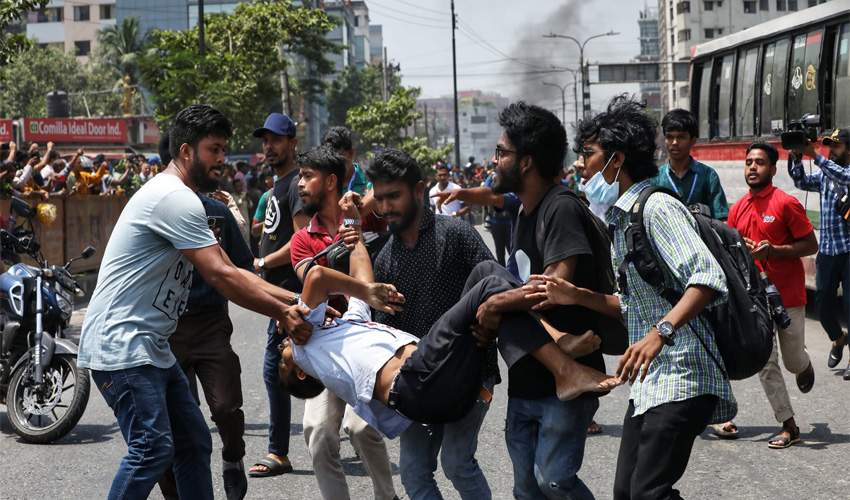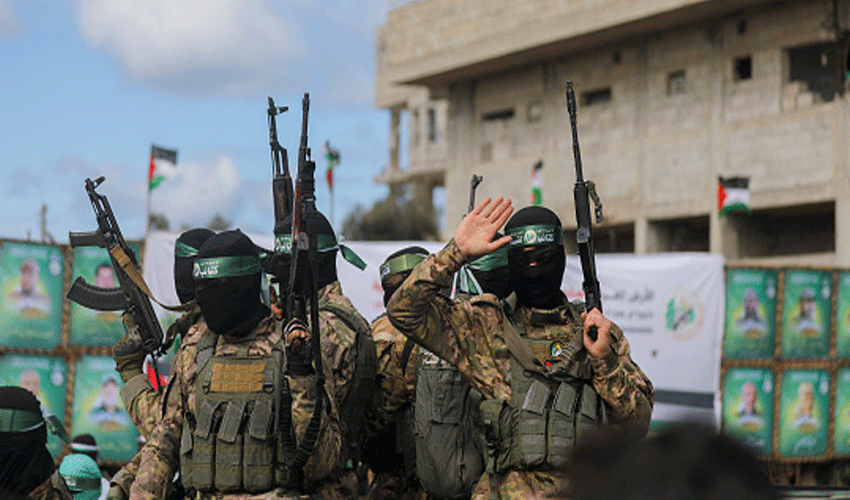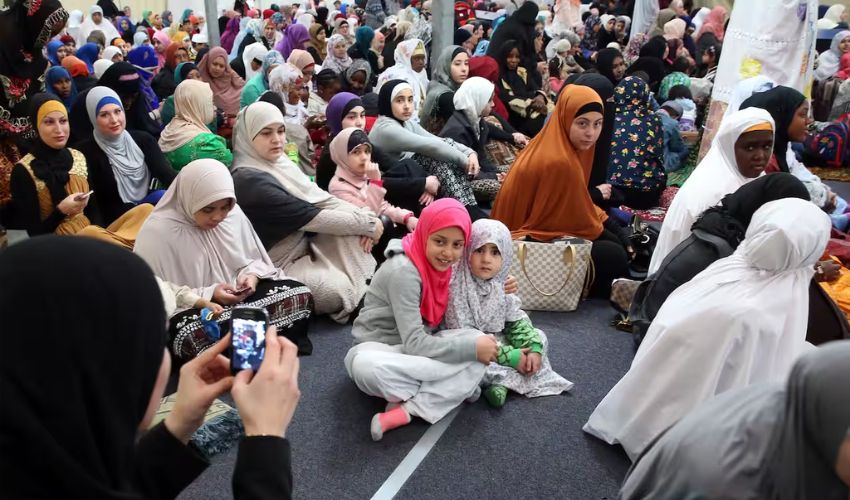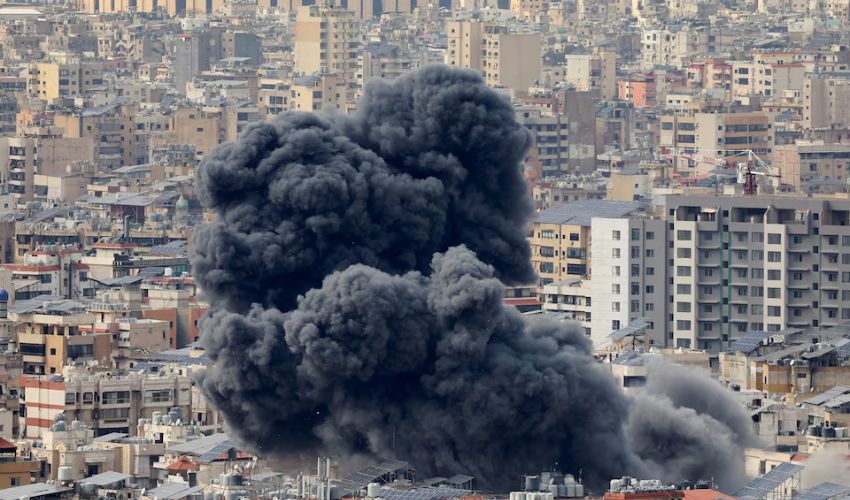In a violent resurgence of protests, at least 30 people were killed and dozens injured in Bangladesh as demonstrators, demanding Prime Minister Sheikh Hasina's resignation, clashed with police.
The protests, initially sparked by opposition to a government jobs quota system, have evolved into a broader antigovernment movement.
Deaths were reported on Sunday in the capital Dhaka and across the northern districts of Bogura, Pabna, and Rangpur, as well as Magura in the west, Comilla in the east, and Barisal and Feni in the south.
Police and doctors confirmed the fatalities, which occurred as authorities employed tear gas and stun grenades to disperse the crowds.
Escalation of protests
The unrest began in July with student-led protests against a quota system reserving 30% of government jobs for the families of veterans of Bangladesh’s 1971 independence war. The demonstrations escalated into violent clashes, resulting in 200 deaths. Despite a Supreme Court decision to reduce the quota to 5%, with 3% for veterans' families, protests have continued, now demanding Hasina’s resignation.
Prime Minister Hasina condemned the violence, labeling the protesters as criminals rather than students and urging the public to confront them. In response, the government imposed a shoot-on-sight curfew, blocked internet access, and arrested at least 11,000 people in recent weeks.
Nationwide turmoil
The violence has spread to at least 11 districts, including Bogura, Magura, Rangpur, and Sirajganj, where opposition Bangladesh Nationalist Party (BNP) supporters clashed with police and ruling Awami League activists. Al Jazeera’s Tanvir Chowdhury, reporting from Dhaka, described the situation as “volatile and dangerous,” with protesters steadfast in their demand for the government’s resignation.
Protesters have called for “noncooperation,” urging citizens to withhold taxes and utility payments and refrain from going to work. Despite this, offices, banks, and factories remained open, though commuters faced significant challenges.
Govt response
In an attempt to quell the unrest, the government declared a holiday from Monday to Wednesday, closed courts indefinitely, and shut down schools and universities nationwide.
Mobile internet services were cut off, and social media platforms like Facebook and WhatsApp were inaccessible even via broadband.
Junior Minister for Information and Broadcasting Mohammad Ali Arafat stated that these measures were to prevent further violence.
Human rights concerns
Critics and human rights groups have accused the government of using excessive force to suppress the protests, a charge the government denies. The ongoing unrest represents the most significant challenge to Hasina’s administration since January’s deadly protests following her party’s contested election victory.
Public sentiment
The widespread dissatisfaction has transformed a student-led protest into a national movement against Hasina’s rule. “We want the government to resign,” said Jahirul Islam, a restaurant worker in Dhaka. The future remains uncertain as Bangladesh, a nation of 170 million, grapples with its biggest political crisis in recent years.



























